Get Your Personalised Supplement Plan
Built by our in-house nutritionist to match your goals and lifestyle. Takes just 60 seconds.
Build My PlanBuilt by our in-house nutritionist to match your goals and lifestyle. Takes just 60 seconds.
Build My Plan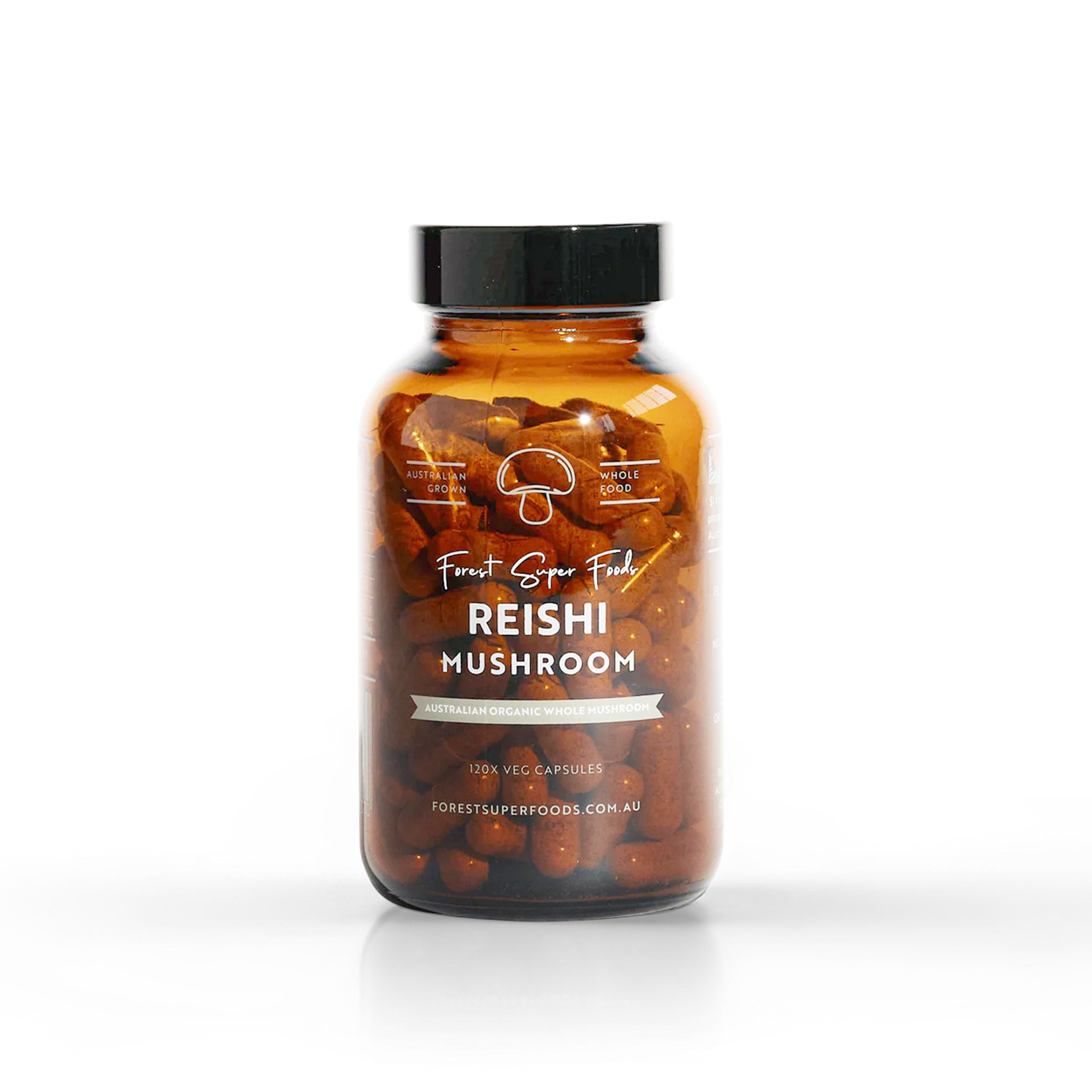
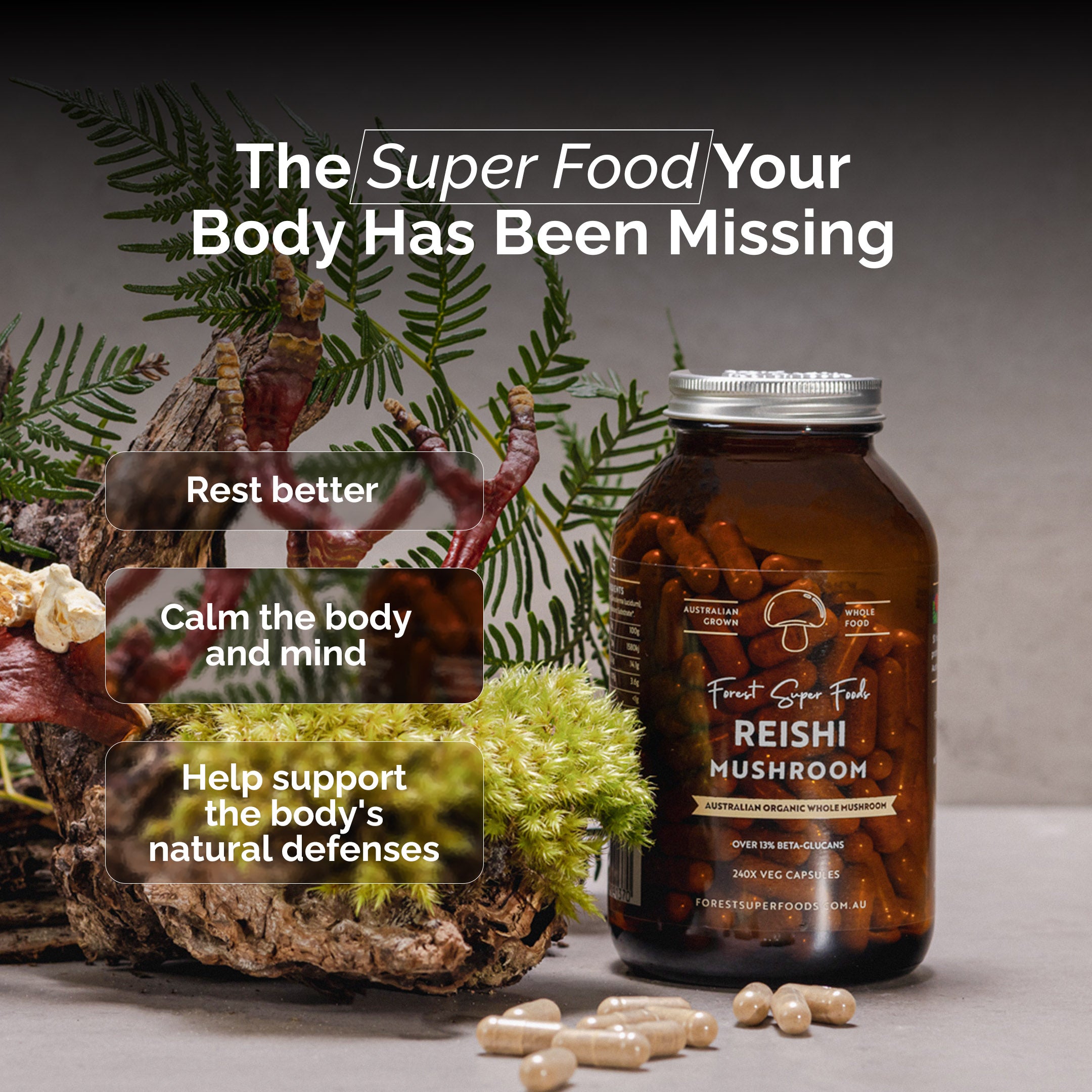
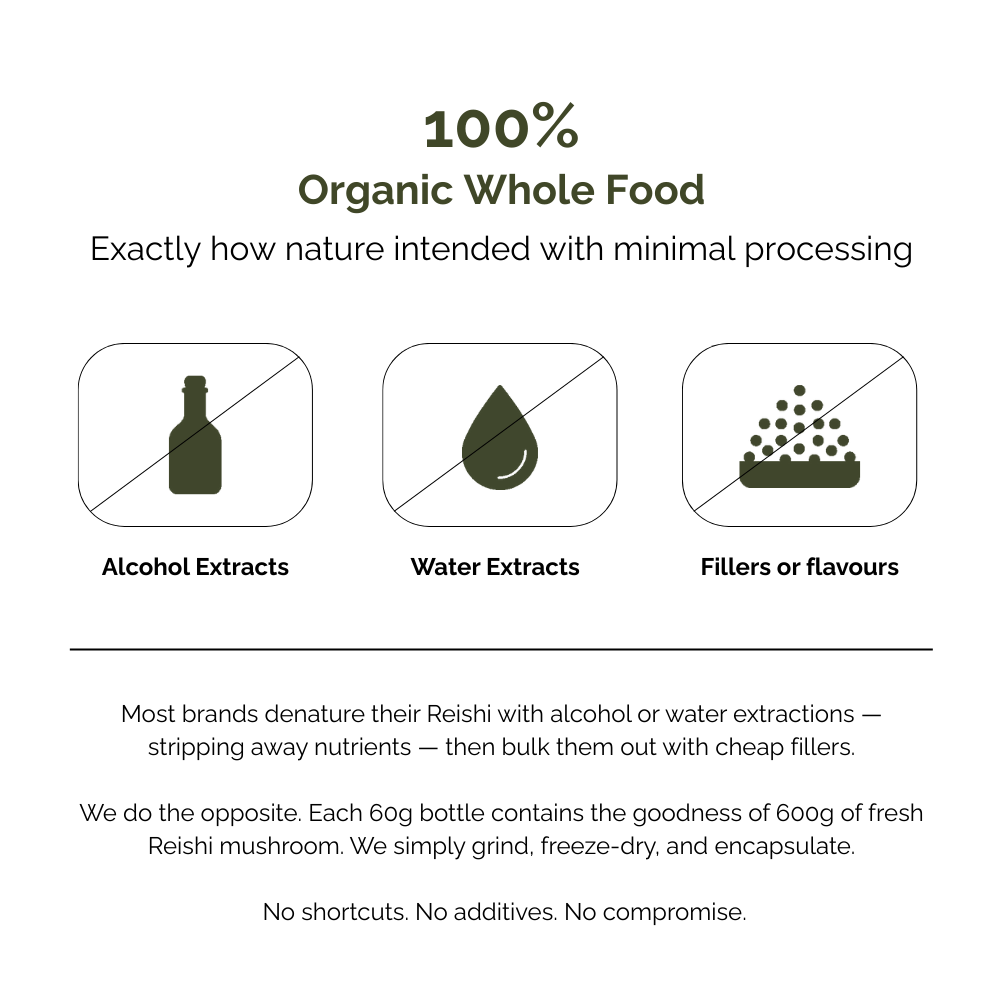
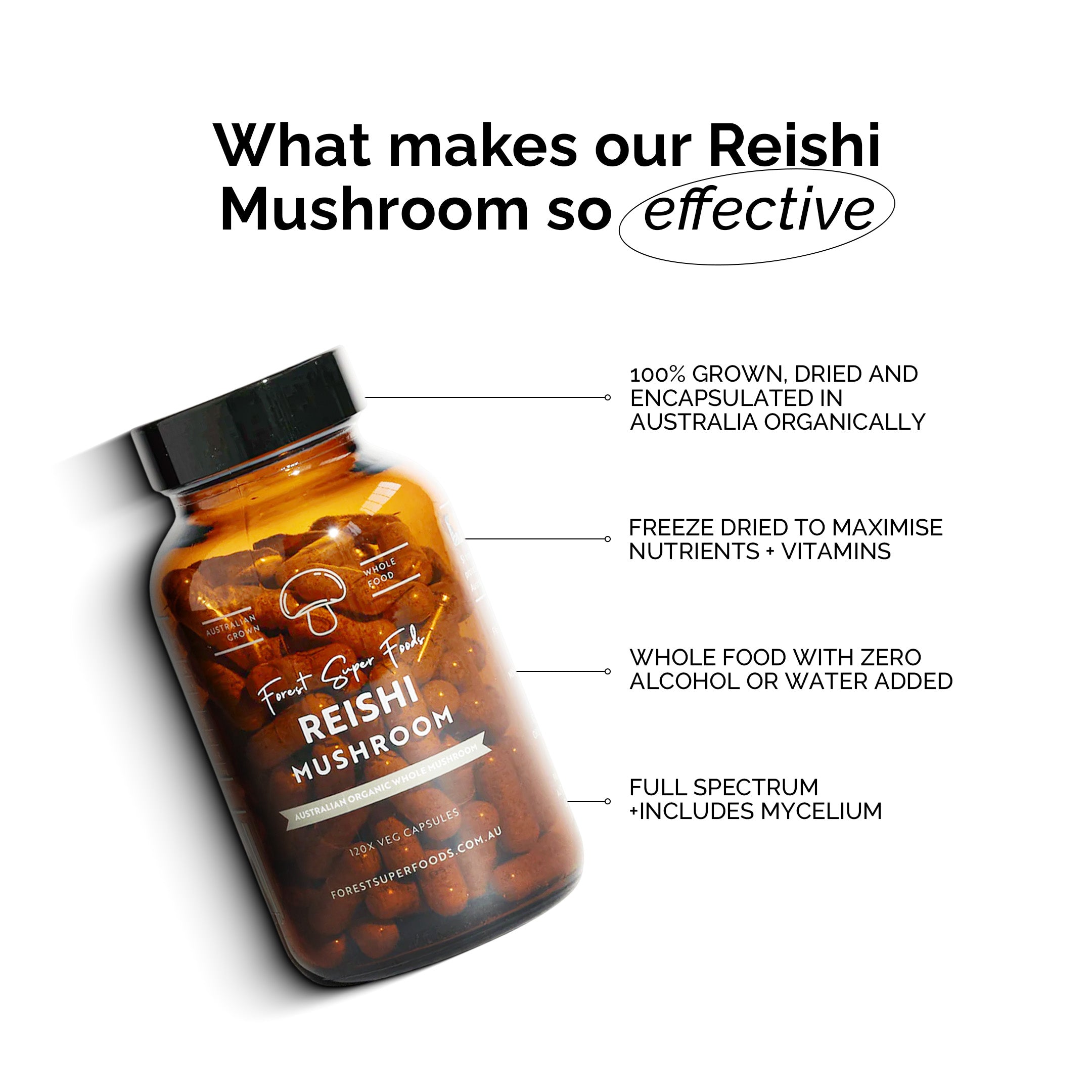

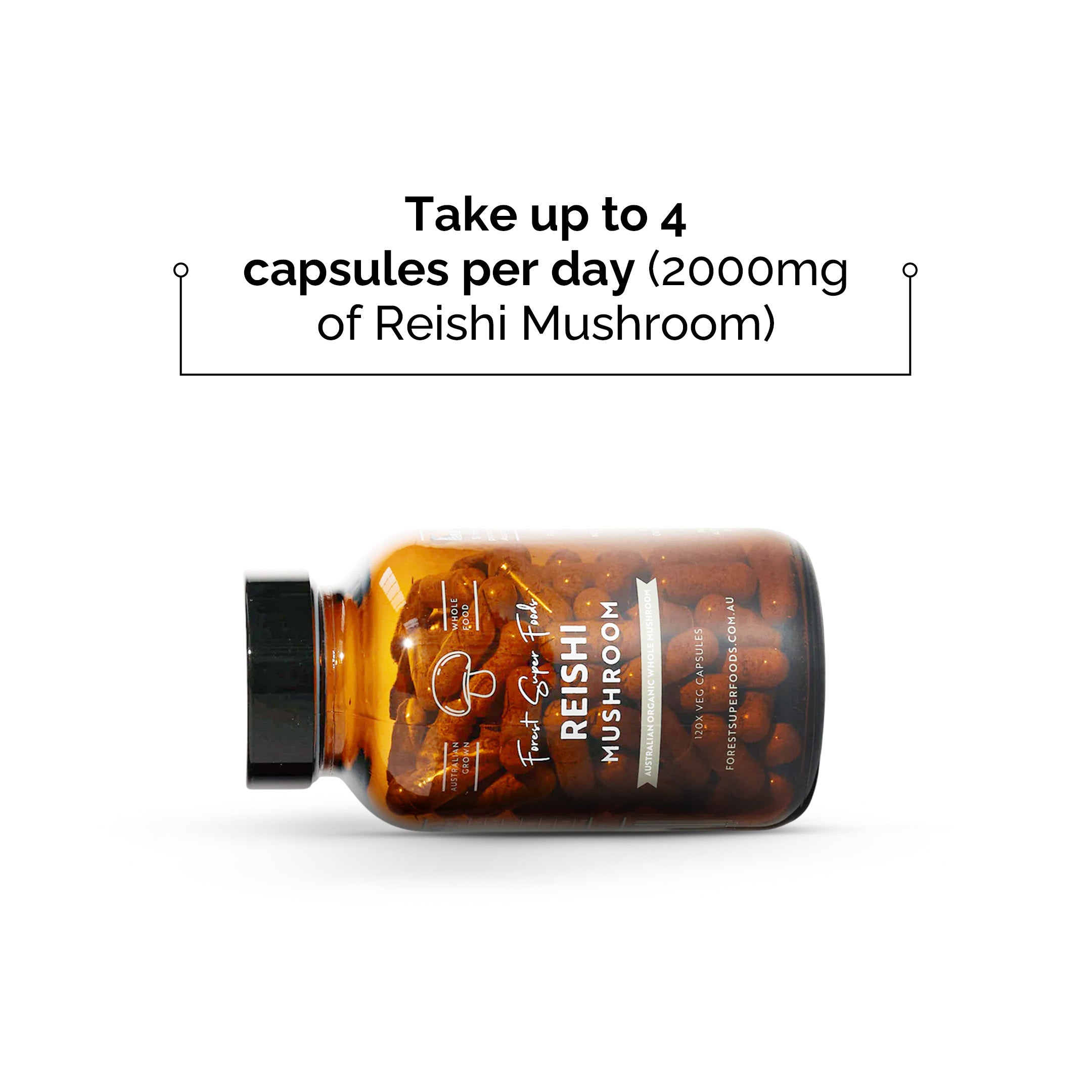
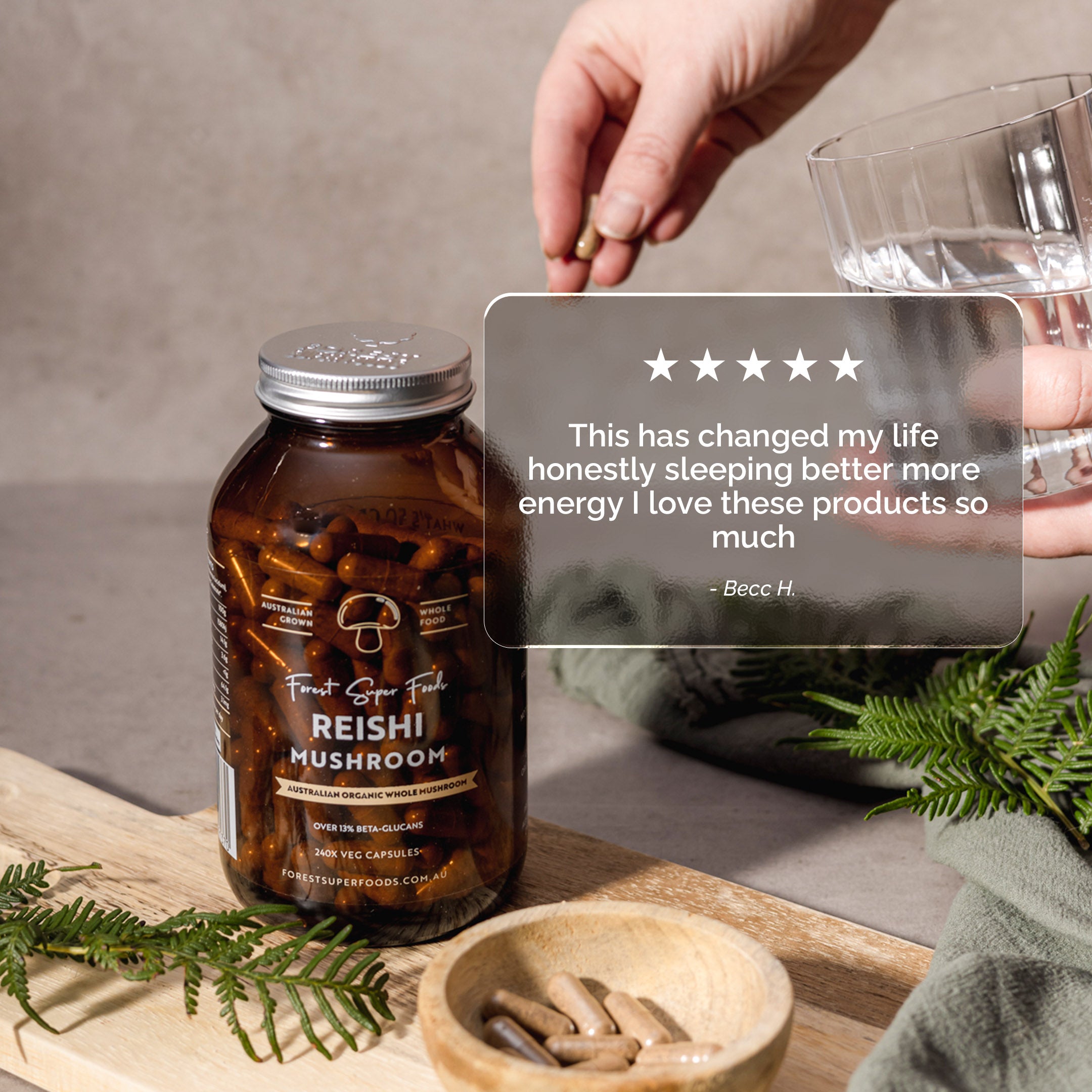
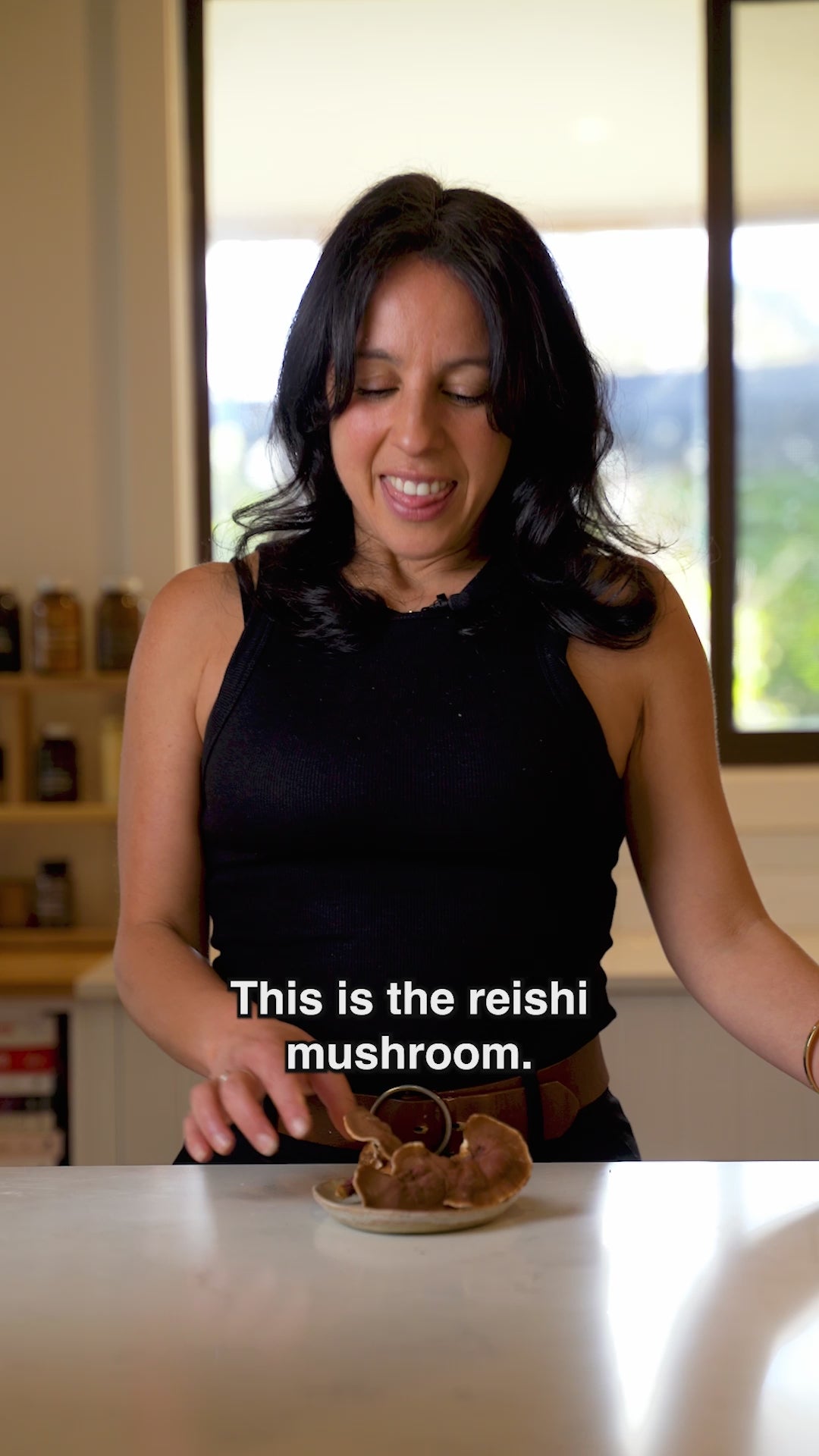
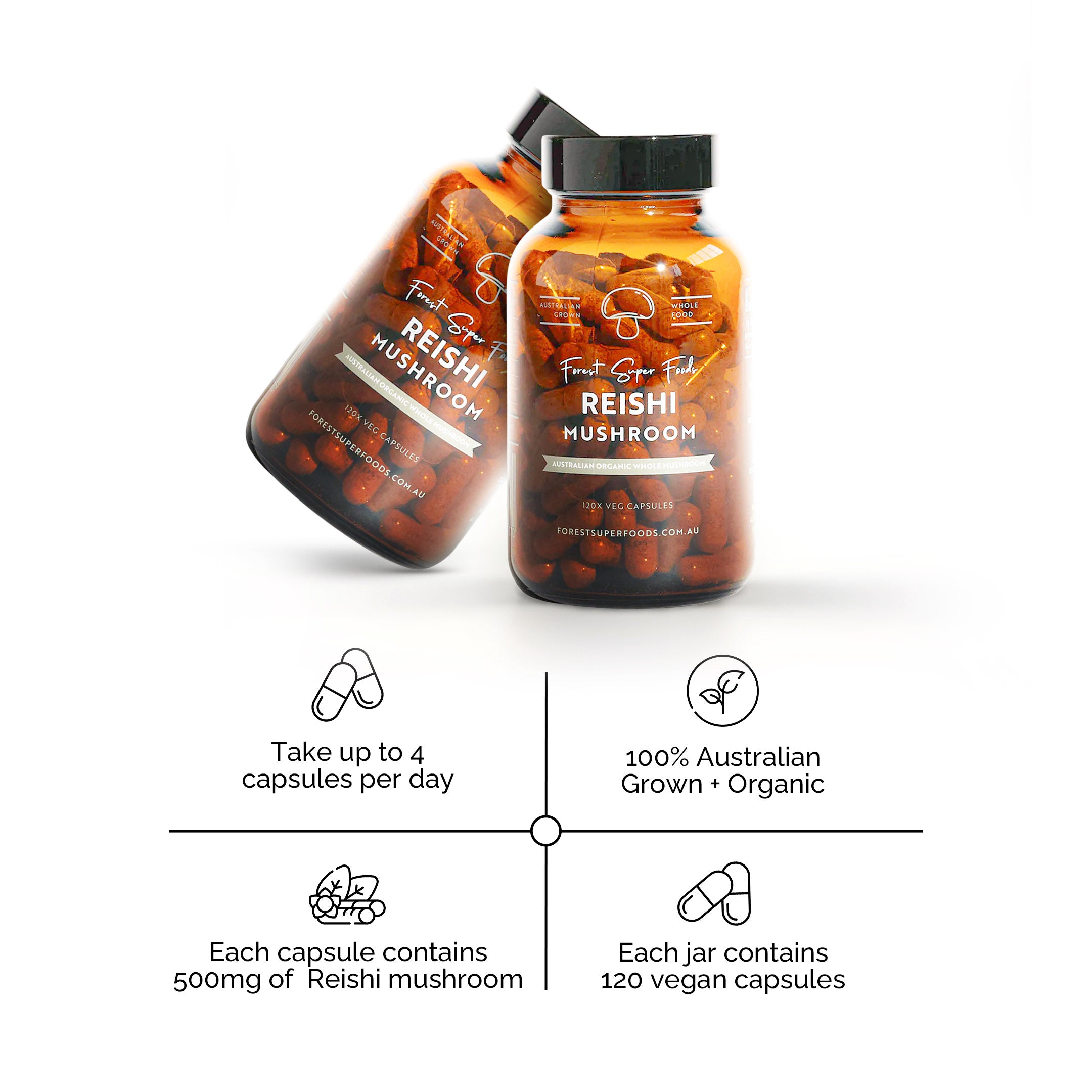
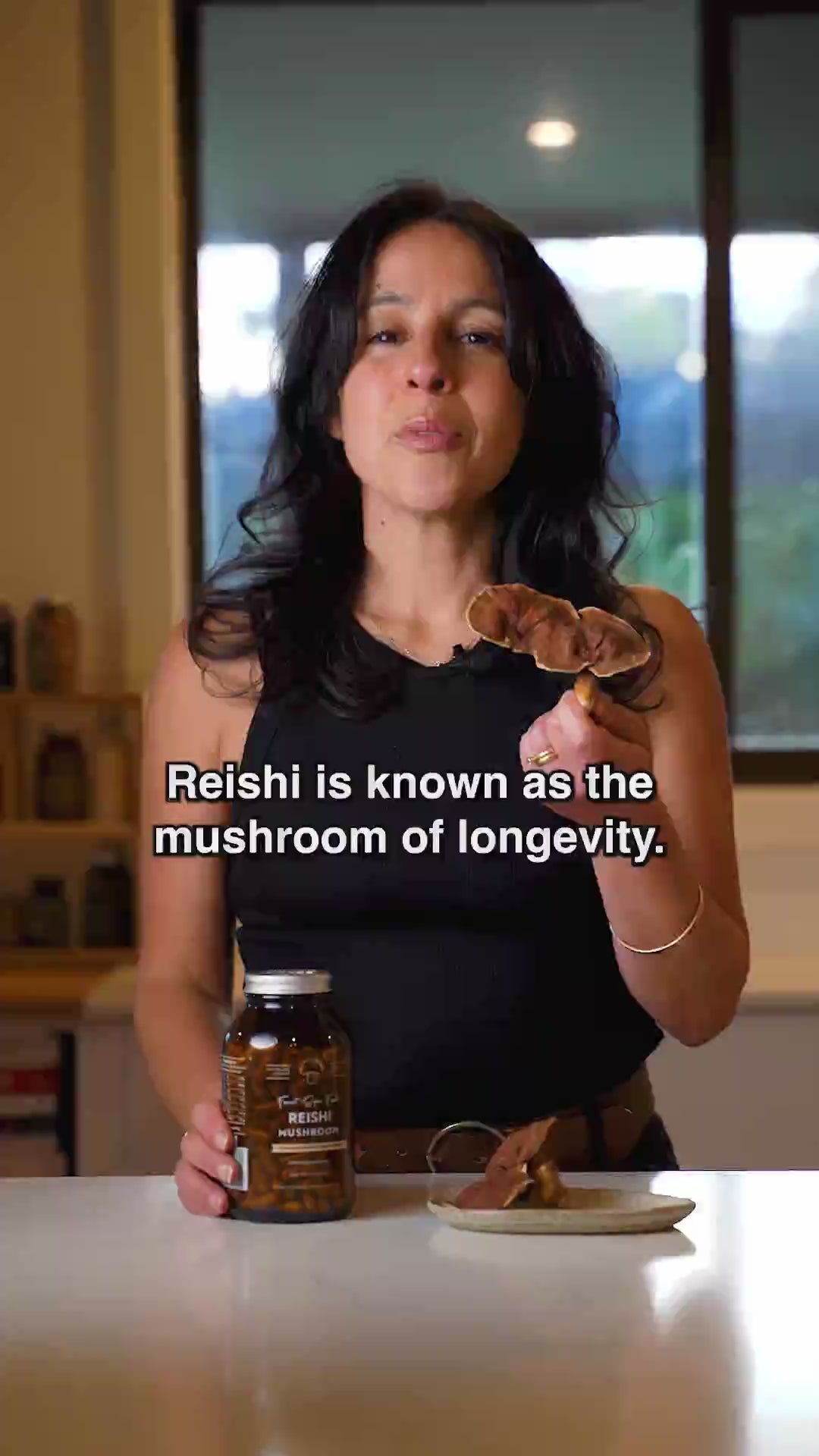
1 Month Supply
3 Month Supply
6 Month Supply
Return any items you don't think are amazing anytime — up until the best before date (usually 2 years).
Most people receive their order within 2 working days. if your order is under $100 express post is just $9.90









 supplements that actually work
supplements that actually work
100% Pure. No Fillers. No Extracts.
Most supplements are diluted and denatured with alcohol and/or water. Ours are whole foods that are dried, grounded and encapsulated - just as nature intended.
Australian grown, dried and packaged
No fillers. No chemicals. Just clean ingredients grown to the highest standards — because your health deserves it.
Freeze-Dried to Keep More Goodness
Freeze drying protects the nutritional content — better than spray or heat drying. You get more benefits, naturally.
All of our super foods are whole foods with as minimal processing as possible. Whilst other brands add fillers, alcohol and water to boost their profit margins - we provide our super foods as whole foods – just like nature intended. This means more active compounds and better bioavailability.
| It's simple, there's just no comparison… | Forest Super Foods | Other brands |
|---|---|---|
| ✔ | ✖ | |
| ✔ | ✖ | |
| ✔ | ✖ | |
| ✔ | ✖ | |
| ✔ | ✖ | |
| ✔ | ✖ |
| Feature | Forest | Others |
|---|---|---|
| Australian grown, dried and packaged | ✔ | ✖ |
| Science backed products | ✔ | ✖ |
| No binders, fillers or extracts | ✔ | ✖ |
| Freeze dried for more nutrient density | ✔ | ✖ |
| Rigorous third party testing | ✔ | ✖ |
| Lifetime guarantee | ✔ | ✖ |








Not sure what to take? I'll help you choose what's right for you.
As a Nutritionist, I believe whole foods are the key to long-term health – because your body recognises real food in a way synthetics can't replicate.
That's why I built this free 60-second Super Foods Quiz so you can find the whole food supplements that best match your goals.
Angela - Nutritionist & Mum of 3 Registered Nutritionist for 20+ years
Common customer questions about Australian Grown Reishi Mushroom Capsules, Still have a question?